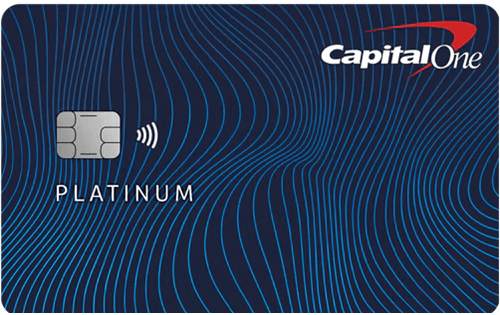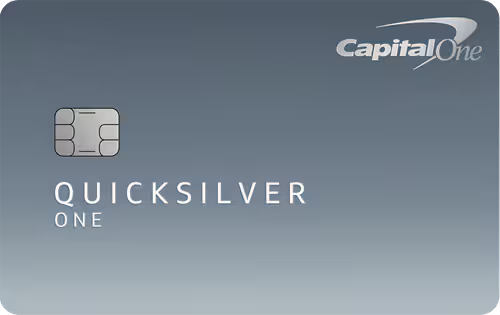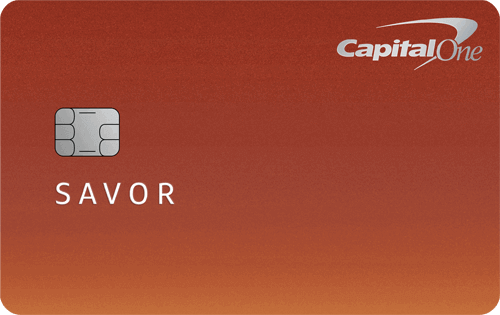Lawrence, Wallethub Credit Card Analyst
@lawrence50
A good APR for a first credit card is anything below 20%. Most first-timers have no credit history, so they need to prove themselves as responsible borrowers before getting a really low APR. However, there are some exceptions. Student cards also give lower rates, but you have to be a student to get one. Another way to get a good APR for a first credit card is to apply for a secured card.
It’s worth pointing out that carrying a balance on a secured card doesn’t make much sense anyways. You can’t buy anything that you wouldn’t be able to afford without the secured card. That’s because your spending limit is equal to the amount of your deposit.
Notable First-Time Credit Cards with Good APRs
Regular APR: 10.99% (V)
Ongoing Rewards: 1.5 points for exchange and commissary purchases, and 1 point for every dollar spent on all other purchases
Annual Fee: $0
Minimum Credit Required: Limited History
Regular APR: 9.99%
Annual Fee: $48
Minimum Credit Required: Bad credit
Regular APR: 10%
Annual Fee: $0
Minimum Credit Required: Bad
Intro APR: 0% for 18 billing cycles on both new purchases and balance transfers made in the first 60 days of account opening. Balance transfers are subject to a fee of 3%.
Regular APR: 14.74% - 24.74% Variable
Annual Fee: $0
Minimum Credit Required: Excellent
If you’re in the market for your first credit card, you probably don’t have much credit history, unless you’ve been able to build some as an authorized user on someone else’s card. This means you may not get a low APR, as these cards are usually reserved for people with at least good credit.
As a result, your aim should be to find a card with no annual fee that you can get approved for. Then, pay in full every month by the due date to avoid interest. Paying your bill on time will also help you build credit and get to a card with a lower APR.

Stella Murphy, Member
@stella_m_dsg
Nunya…literally, the APR should be nunya business. You’re not going to get a low APR with your first card, but you can avoid interest charges by paying your bill in full by the due date every month. That’s the move.
People also ask
Did we answer your question?
Important Disclosures
Ad Disclosure: Certain offers that appear on this site originate from paying advertisers. For full transparency, here is a list of our current advertisers.
Advertisers compensate WalletHub when you click on a link, or your application is approved, or your account is opened. Advertising impacts how and where offers appear on this site (including, for example, the order in which they appear and their prevalence). At WalletHub we try to present a wide array of offers, but our offers do not represent all financial services companies or products.
Advertising enables WalletHub to provide you proprietary tools, services, and content at no charge. Advertising does not impact WalletHub's editorial content including our best picks, reviews, ratings and opinions. Those are completely independent and not provided, commissioned, or endorsed by any company, as our editors follow a strict editorial policy.


